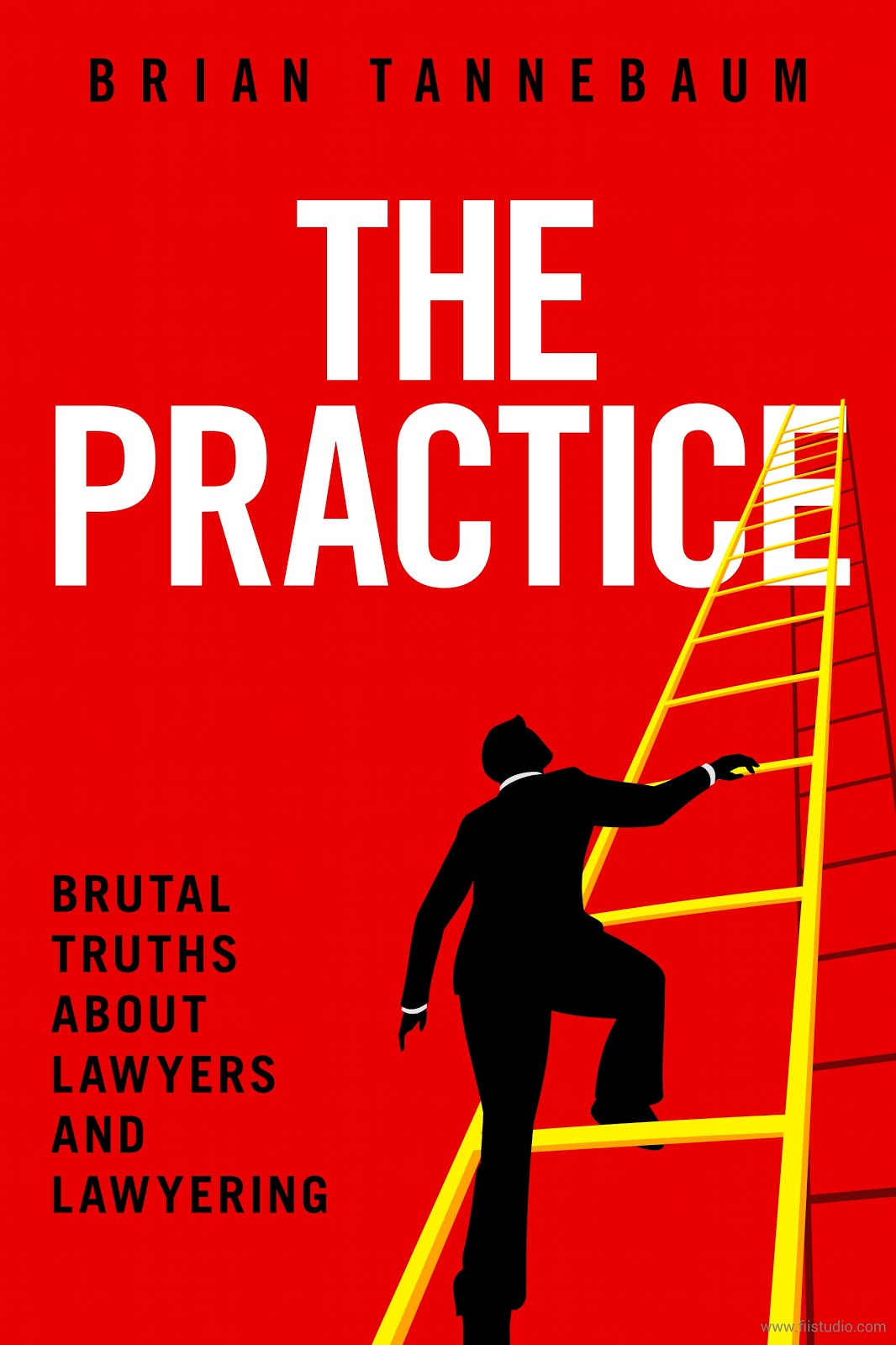The concept was interesting - Fifteen social media and marketing mavens, along with a few lawyers I respect, talking for 6 minutes or so in a lighting round type form, all with power point presentations.
So I watched. And watched. And watched.
And I almost cried.
It was called IgniteLaw. I don't know why. I don't know what any of it had to do with law. It was all about Google, iPhones, social media, marketing, and a little (a very little) ethics.
This was too bad, because I happen to enjoy some of the writing of IgniteLaw host Matthew Homann.
But he begins by going on the attack of the traditional lawyer:
"Your peers fear change, only because they fear you'll change better than they will."
What?
Was this a revival to assure the social media mavens that they matter, to convince them that those who call out this new type of lawyer conference are just mean, mean men?
I consider myself a traditional lawyer. I built my practice by word of mouth referrals. I have an office. I wear a suit. I don't market myself to death or sit in Starbucks all day telling other lawyers how to use a computer. And yes, I think the way lawyers are being evangelized into the marketing world, is pathetic.
But I don't fear change.
What I fear, is new lawyers who listen to non-practicing lawyers go from conference, week in and week out to tell them all the wrong ways to get business, and that the way they are doing everything, is wrong. I fear many of the people who spoke here. I fear that I have witnessed a live version of everything I criticize.
That's what I fear.
I fear that we are creating a generation of marketers, and not advocates (unless they are advocates for themselves, and marketing, and their twitter account.)
Watching some of these videos I realized that the practice of law has not merely taken a back seat to marketing and social media, it's attached to an open trailer attached to the car, hidden under a bunch of tied-down blankets.
There is something going on here that IgniteLaw brings to light: An attempt to convince new lawyers that Law, lawyers, legal issues, legalities, legal writing, advocacy, ethics, are the enemy of change.
Maybe I'm wrong.
What do you think?
Located in Miami, Florida, Brian Tannebaum practices Bar Admission and Discipline and Criminal Defense. He is the author of I Got A Bar Complaint.







